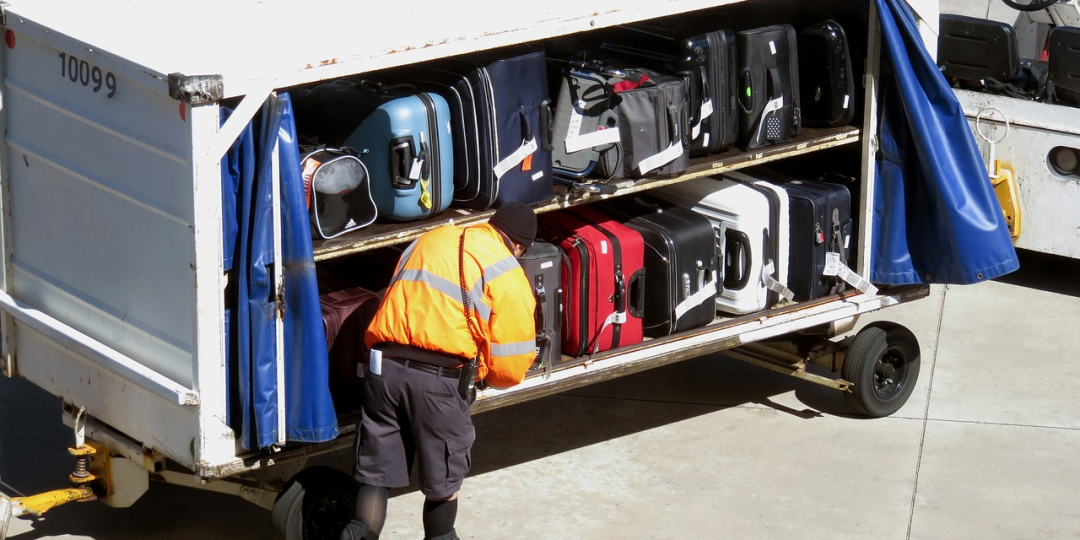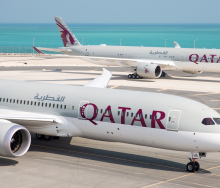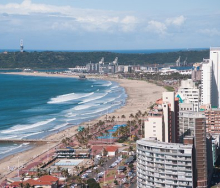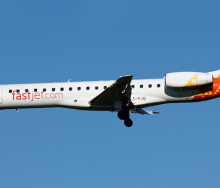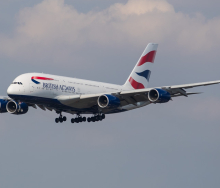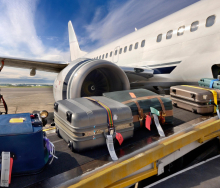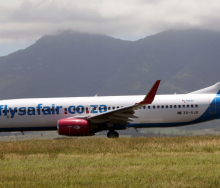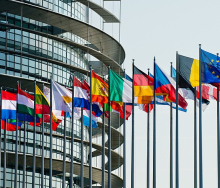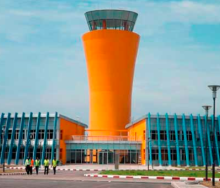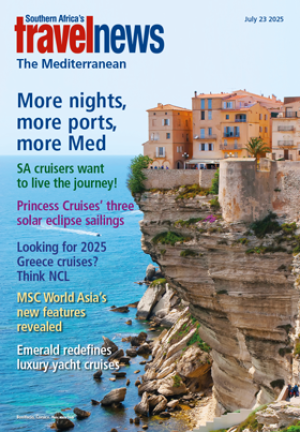Arriving at your destination minus your luggage is stressful enough, but do South African clients know their rights regarding lost checked-in baggage?
In a Travel News poll earlier in 2023, 74% of agents confirmed that baggage was still being lost and mishandled post-COVID. And, according to the 2023 Baggage IT Insights study from air transport IT specialist SITA, last year saw an “exponential increase in the global mishandled baggage rate” of 74,7%, over the 2021 figure.
According to Article 17 of the Montreal Convention, it’s a claim against the airline if the carrier “admits the loss of the checked baggage, or if the checked baggage has not arrived at the expiration of twenty-one days after the date on which it ought to have arrived”.
Priority Pass, the world’s largest independent lounge programme, released a survey in 2019 that was conducted by Market Research Company, Censuswide, to establish what aspects of air travel people considered the most stressful. Getting stuck on the way to the airport and lost luggage, ranked top of the list of anxieties. That said, a baggage handler at Ontario Airport in Canada, interviewed by Microsoft News Network (MSN), is of the opinion that old tags are largely responsible for delayed or lost baggage.
“Those old tags and stickers on your favourite suitcase or roller bag? Lose them asap. It's an easy and all-too-common way to lose your stuff to the labyrinthine luggage system. You slap on a new tag, but the system scans an older one accidentally, and boom – your bags end up going AWOL. You'd think it'd be a no-brainer, but many an unfortunate flyer has lost their luggage this way.”
He said many gate agents would remove any old stickers before attaching a new one, but oversights happen all the time. Travellers should get into the habit of taking off their luggage stickers the moment they arrive at their destination as just one extra safeguard.
But, of course, most South African travel insurance companies do offer baggage cover for international journeys to most countries, and those who travel without insurance do so at their peril.
Every policy is different, and it’s essential that the traveller reads the policy and understands the cover and the exclusions before travel. Most travel insurance providers have a baggage delay provision that will allow reimbursement for the purchase of clothing, toiletries, and other essential items if a traveller's luggage is delayed for a specified period of time. After a delay of 12 or 24 hours, the baggage delay benefit can cover the purchase of clothes and other essentials.
What should uninsured travellers do once their baggage is deemed lost and not merely delayed? While local South African law applies to domestic travel, international travel from South Africa is governed by the Montreal Convention 1999 (MC99), when it is to one of the Member States who have ratified it (191 ICAO members, including South Africa).
There are other ICAO members who are still bound by the Warsaw Convention and Hague Protocol, and a small number who do not subscribe to any, but according to Iata, MC99 establishes airline liability in the case of death or injury to passengers, as well as in cases of delay, damage or loss of baggage and cargo and it unifies all the different international treaty regimes covering airline liability that had developed haphazardly since 1929.
So how does this convention translate into the reality of claiming for baggage loss? While MC99 makes airlines responsible for baggage delay, unless they can prove they took “all measures that could reasonably be required to avoid it”. There are no exceptions “if the checked baggage has not arrived at the expiration of twenty-one days after the date on which it ought to have arrived”. But the treaty is silent when it comes to reporting periods and claiming procedures. Consequently, carriers are permitted to mandate their own time limit and procedural requirements.
In a nutshell, in the event that a passenger has made a valid baggage claim for in international journey between two member states of the Montreal Convention, Article 22 of the Convention mandates a carrier to pay 1,131 Special Drawing Rights (XDR) for checked baggage claims, which equates to approximately R28 500 as of September 8, 2023.
